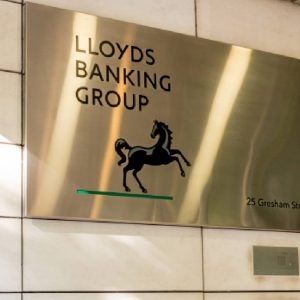 It also announced to raise €13bn ($13.8bn) from rights issue in order to eliminate nearly €18bn ($19.1bn) of bad debt from its balance sheet.
It also announced to raise €13bn ($13.8bn) from rights issue in order to eliminate nearly €18bn ($19.1bn) of bad debt from its balance sheet.
UniCredit chief executive officer Jean Pierre Mustier said: "We have developed a pragmatic plan based on conservative assumptions, with tangible and achievable targets, dependent on cost and risk management, levers which are firmly under our own control.”
The bank’s 2016-2019 Strategic Plan, dubbed as Transform 2019, is aimed at materially strengthening the group's capital structure.
Mustier said: "We are taking decisive actions to deal with our NPE legacy issues to improve and support recurring future profitability to become one of Europe's most attractive banks.”
The bank also plans to transform its operating model by dedesigning end-to-end processes and lowering the "run the bank" costs.
It plans to make IT investments of €1.6bn to support the business transformation and strengthen IT infrastructure through digitalization activities, technological development of core systems and the continuous updating of the infrastructure.
The business model transformation, which will result in 6,500 net redundancies by 2019, is expected to decrease the personnel costs by €1.1bn.
Transform 2019 also includes creation of a strong steering center in charge of monitoring key performance indicators cascaded down to divisions.
Mustier added: "Since July we have already taken bold actions. Thanks to the disposal of our holdings in Pekao and Pioneer and a 30% stake in Fineco, coupled with cost savings and organic capital generation over the plan period and a fully underwritten by volume €13bn euro rights issue we will in 2019 have a fully loaded CET1 ratio above 12.5%, well in line with other best in class G-SIFIs."
Image: Unicredit Tower seen from Garibaldi Station, Milan, Italy. Photo courtesy of Walter J. Rotelmayer.






